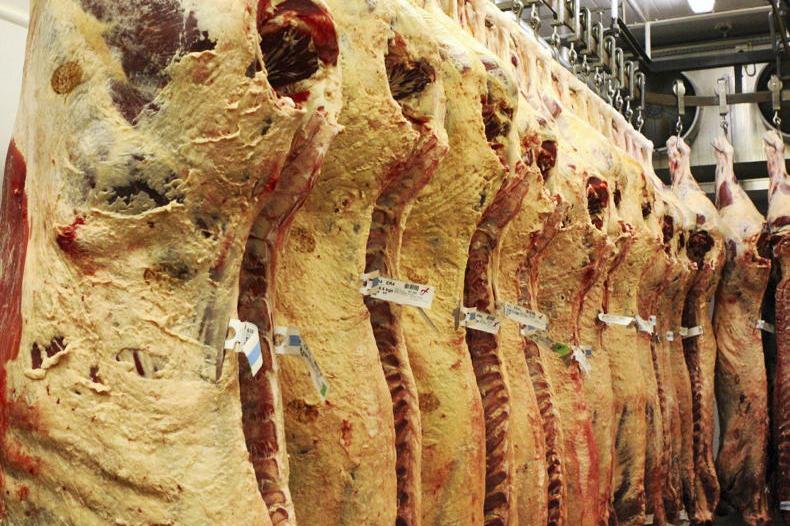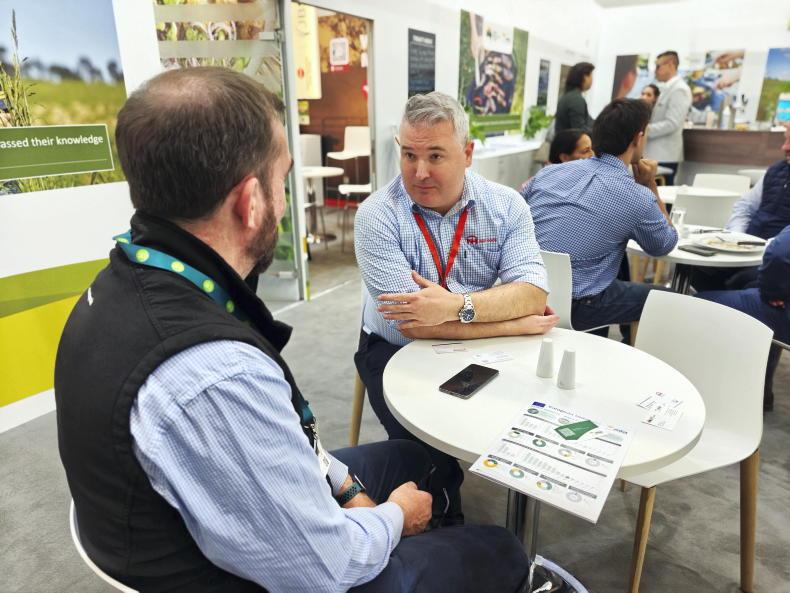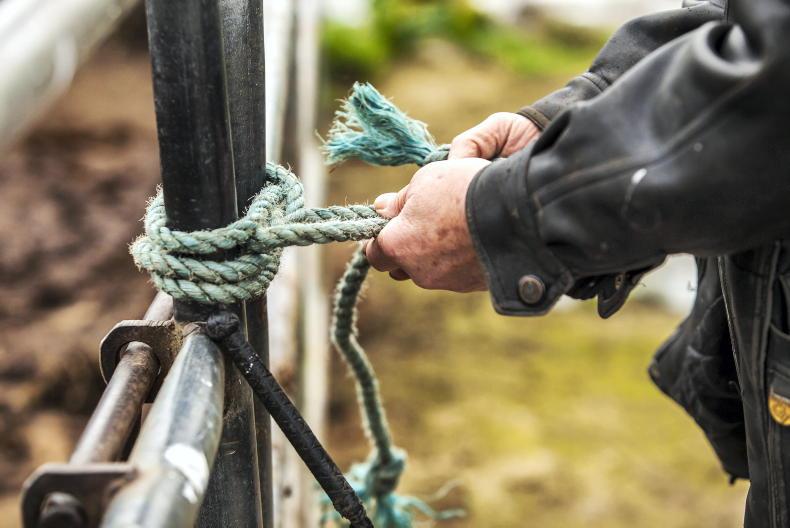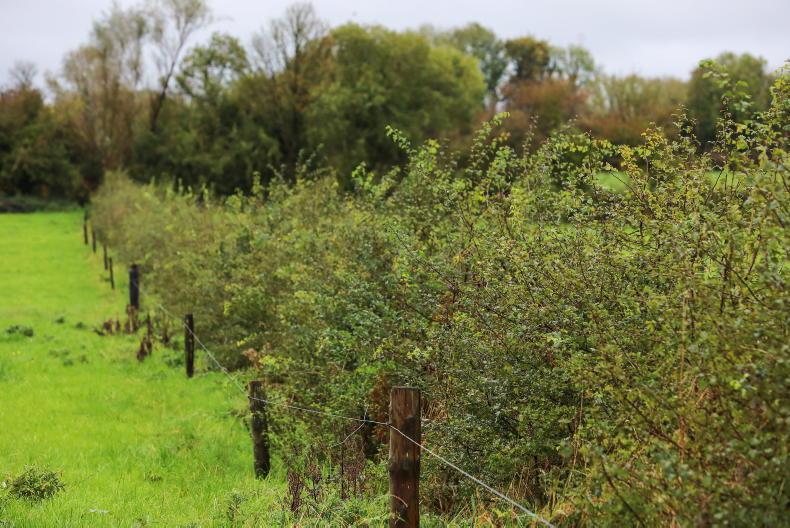AHDB figures show that, despite a weak pound, exports of beef in 2017 were down 3% on the year. This reminds us that our relatively high beef prices are preventing Scotland and the UK from becoming major exporting countries. Also that we must not forget our biggest market for beef is first in Scotland and secondly the southeast of England, and is likely to remain so for the foreseeable future.
Most traditional beef-producing countries have a strong affiliation with domestic produce. The USA, Ireland and France all fill their shelves with local food and drink first. Scotland is no different, but we need to work hard to maintain that connection. We need to promote the quality, high animal welfare and environmental credentials of our production systems.
We enjoy easy access to London, with a high concentration of some of the world’s richest consumers. Furthermore, we have managed to build a Scotch beef brand which holds significant currency among shoppers.
Clearly there are other export opportunities in Canada, continental Europe and the Far East, however, we often find ourselves in the queue to sell our beef with countries like New Zealand, Australia, Uruguay, and Ireland, which all have a lower beef price. While smart marketing and branding will help create a Scotch distinction, our competitors can also generate appealing food narratives.
Sympathetic rules key to beef producers
We need to improve regulation and innovate to remain competitive. New farming rules must be carefully considered, so they do not add unnecessary financial burden to businesses. Climate change plans must be sympathetic to our production systems. Anything which rapidly increases production costs will be very hard to claw back from the consumer.
Innovation will need to continue to keep pace with other countries and, importantly, other protein sources. Plus, this needs to be done along the entire food chain, not just on the farm. Wasteful refrigeration cabinets have as much to play as fuel-efficient tractors. Nearly every farmer I know is committed to innovation to progress their business, but as we know the challenge is to choose the right improvement from the best information. Finally, targeted Government support has a vital part to play. The beef calf scheme is a relatively small amount of smart money, put in at the start of the food chain to underpin a £2bn industry.
Ewing on the right rural support track
Rural economy minister, Fergus Ewing’s assertion that food production needs to be at the heart of rural policy is a welcome direction. He understands that rapid removal of revenue support in farm businesses will cause serious economic harm. Nevertheless, there is still a disappointing vacuum on the delivery detail. It is clear he wants to highlight his Defra counterpart, Michael Gove’s perceived lack of food drive. But if he wants to land a sucker blow on his political rival, we need a more detailed, credible alternative plan – otherwise it looks like politicking.










SHARING OPTIONS